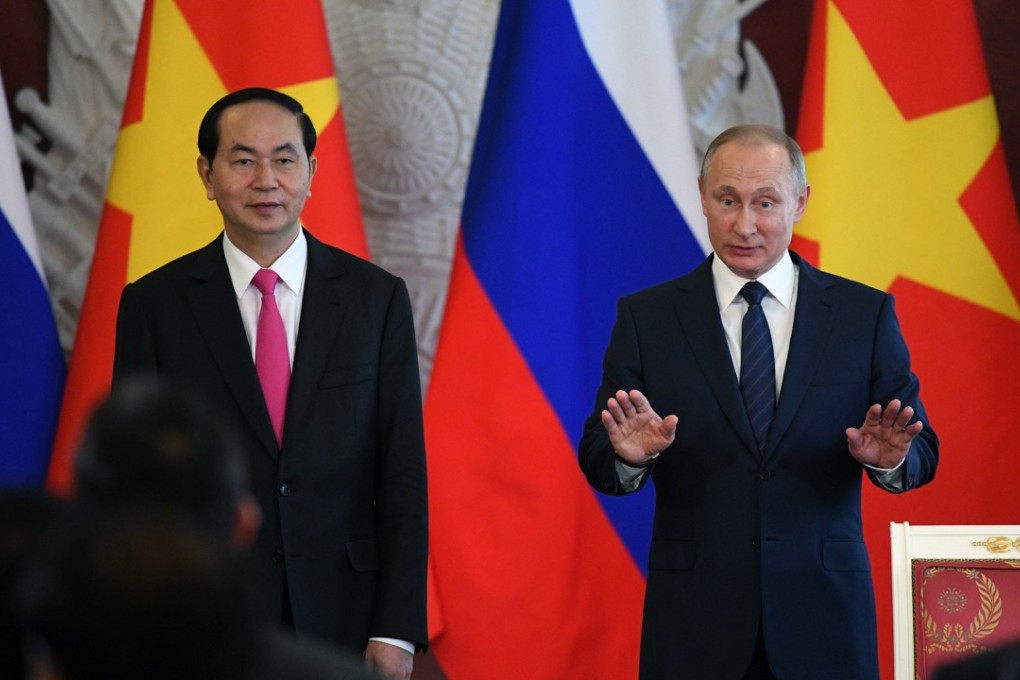As Putin pivots to Asia, will more Russian defence and energy deals be the new normal in the region?
- Dmitriy Frolovskiy says Vladimir Putin’s decision to attend the East Asia Summit signals his determination to diversify Russia’s relationships away from Europe
- Whether Malaysian Prime Minister Mahathir will warm to Russia, as the Philippines and Indonesia have recently, remains to be seen

The Russian president’s attendance is already noteworthy in and of itself, given that the Kremlin has typically sent Dmitry Medvedev in his stead since Russia became a full member of the summit in 2011. But whether this higher profile will bring tangible progress for Russia’s Asian outreach remains an open question.
Russia’s policymakers and business community now perceive East Asia in general – and increasingly the Association of Southeast Asian Nation countries in particular – as an outlet to diversify international relationships away from Europe, and more particularly the sanctions hitting the Russian economy.
Having neglected the region in the past, Russia is now having to play catch up to compete with China, the US and Japan. As Putin pointed out in a Bloomberg op-ed published almost exactly a year ago, the share of Russian foreign trade pertaining to the Asia-Pacific Economic Cooperation (Apec) economies grew from 23 per cent to 31 per cent from 2012-2017. Among the individual Asean countries, that growth has often been even more pronounced.

